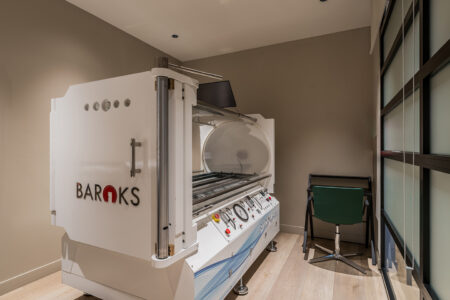You're out for a walk: the sun is shining, the birds are singing and the horizon looks blurry and pleasant. Until, wait... what's that? A piece of rubbish? It's just an insignificant note, but for biological reasons called "negativity bias".It is almost impossible to take our attention away from it. This mechanism also explains why we remember a minor argument at work as if it were the event of the day, or why one aggressive post on social media holds our attention more than a hundred kind messages.
What is negativity bias?
Negativity bias is a shortcut or mental predisposition which makes us react more strongly to negative stimuli than to positive ones, even if both are equally relevant.
Why do we have it?
This bias has evolutionary roots: our ancestors who were quick to detect danger - a predator or a poisonous plant - were more likely to survive. Today, although we rarely face lethal threats, we still overreact to small, everyday "dangers".
How does it harm us?
- It damages self-esteem: we find it harder to take criticism than praise.
- It stifles learning and risk-taking.
- It makes us more pessimistic and distrustful.
- It leads to unhealthy behaviours to mitigate anxiety, such as excessive consumption of screens, alcohol or food.

What do Spanish experts say?
According to the psychologist Nicolás Salcedo (La Vanguardia), the negativity bias stems from "loss aversion", a way of prioritising losing something over gaining something equivalent: "We feel twice as much pain losing €1,000 as the joy of gaining it," he explains.
For its part, Helena MatuteProfessor of Experimental Psychology, studies how cognitive biases, including negativity bias, influence our attention and memory, generating a significant weight in our interpretation of the environment.
How to combat it? 7 practical strategies
- Identify your fears: Saying out loud "I feel insecure" breaks the cycle of rumination.
- Do a network clean-upReduce accounts that promote negative news and follow others that inspire you.
- Focus on the positivewith questions such as "What's going well now?", activates the "savoring" strategy.
- Keep a gratitude journal3 things a day that you are grateful for encourages a positive bias.
- Contradicts negative self-talkRespond to critical thoughts with positive affirmations.
- Change environmentGoing for a walk or being surrounded by nature can reactivate more balanced states.
- Acts as a "helper: contributing to small acts of solidarity strengthens our vision that the good outweighs the bad.
When to seek professional help?
If your negative thoughts are persistent, isolate you or lead you to act against your health, it may be time to see a psychologist. Answer these questions honestly: Do you have hope for the future? Do you trust others? Do you enjoy small, everyday joys? If you answer no, bias may be obscuring your perception.
The negativity bias is an evolutionary inheritance useful in dangers, but not very adaptive today. The important thing is not to eliminate it, but to balance it with practices that teach us to value the positive side of life. If we do so, we will not only feel less anxiety, but we will see reality in a fairer and more enriching way.






